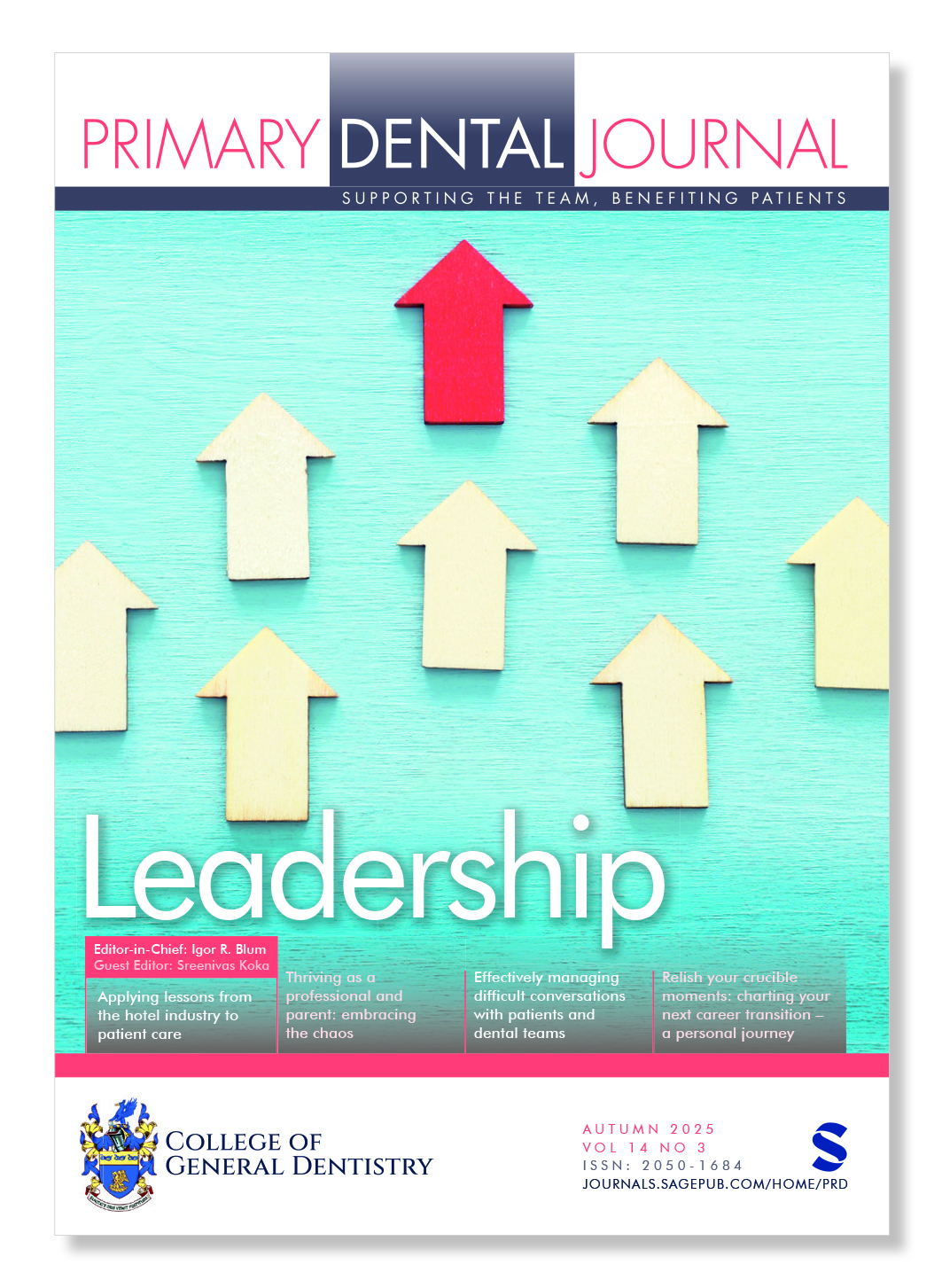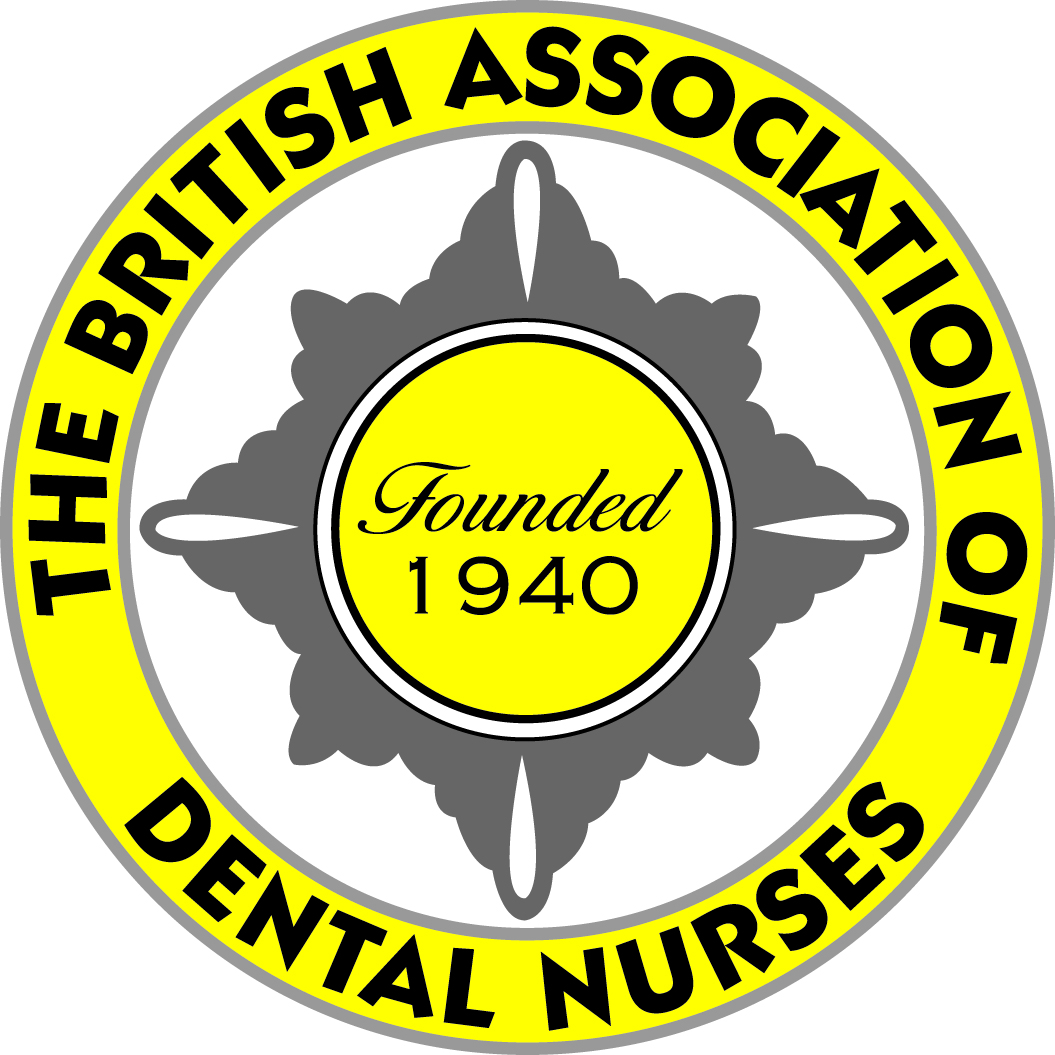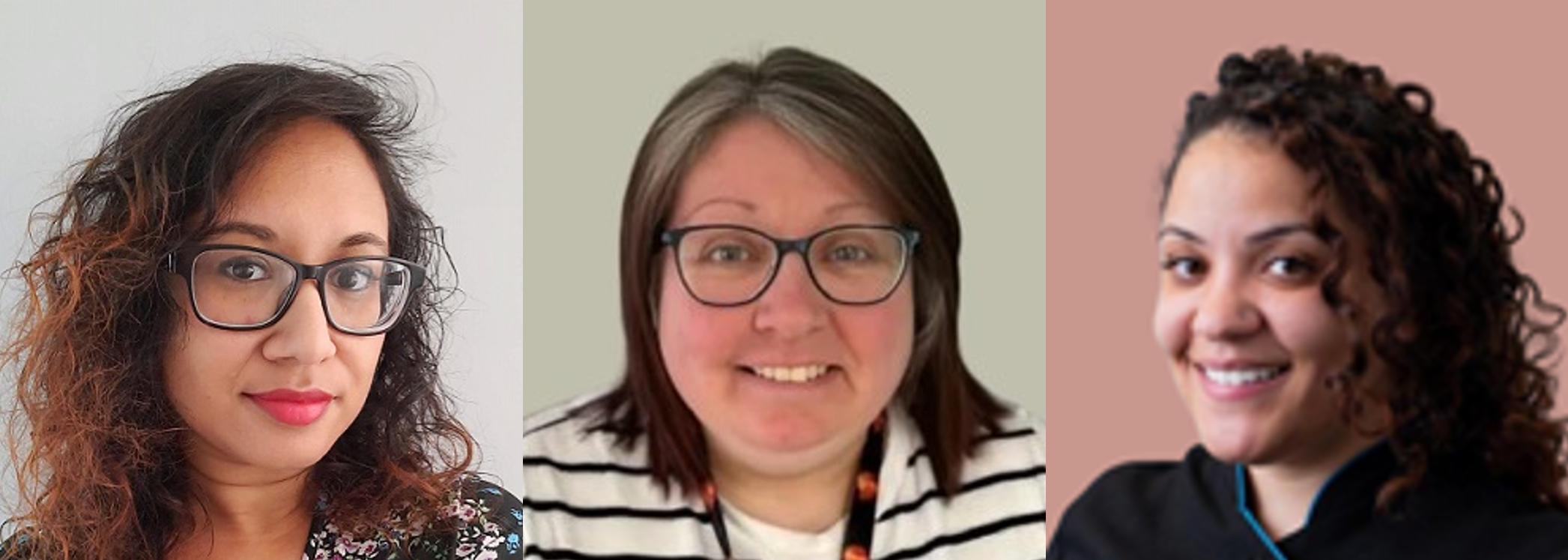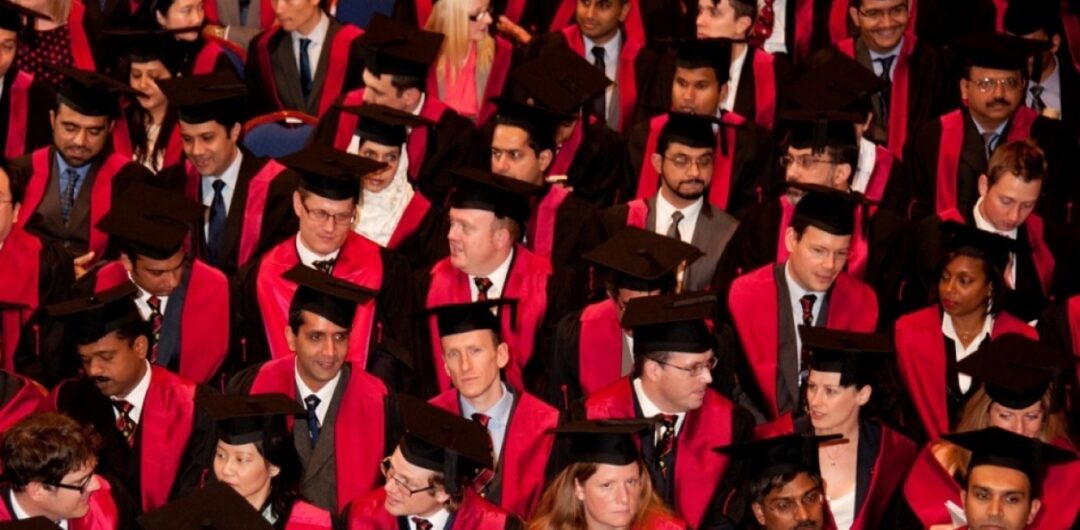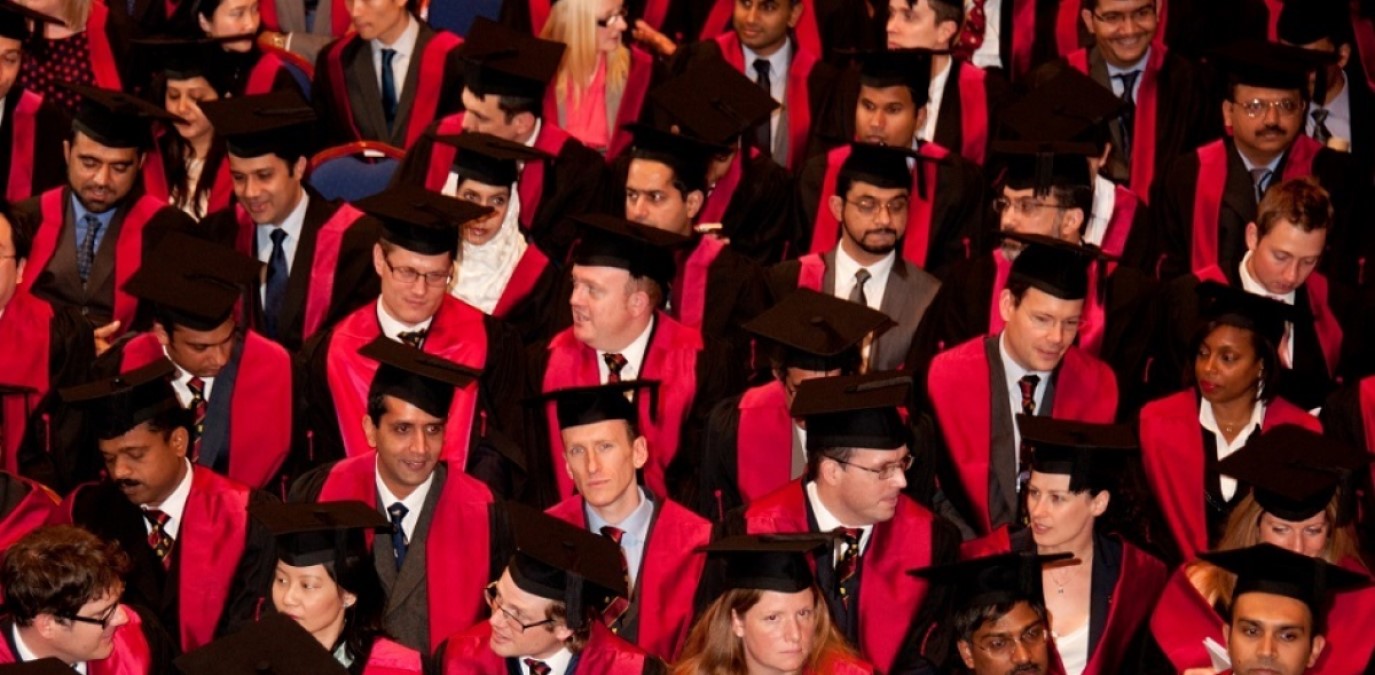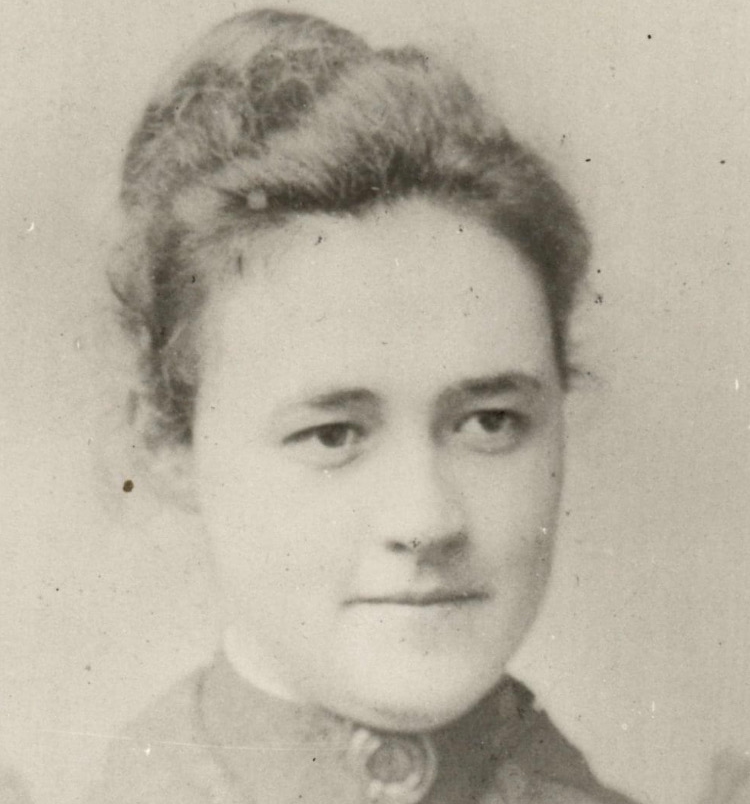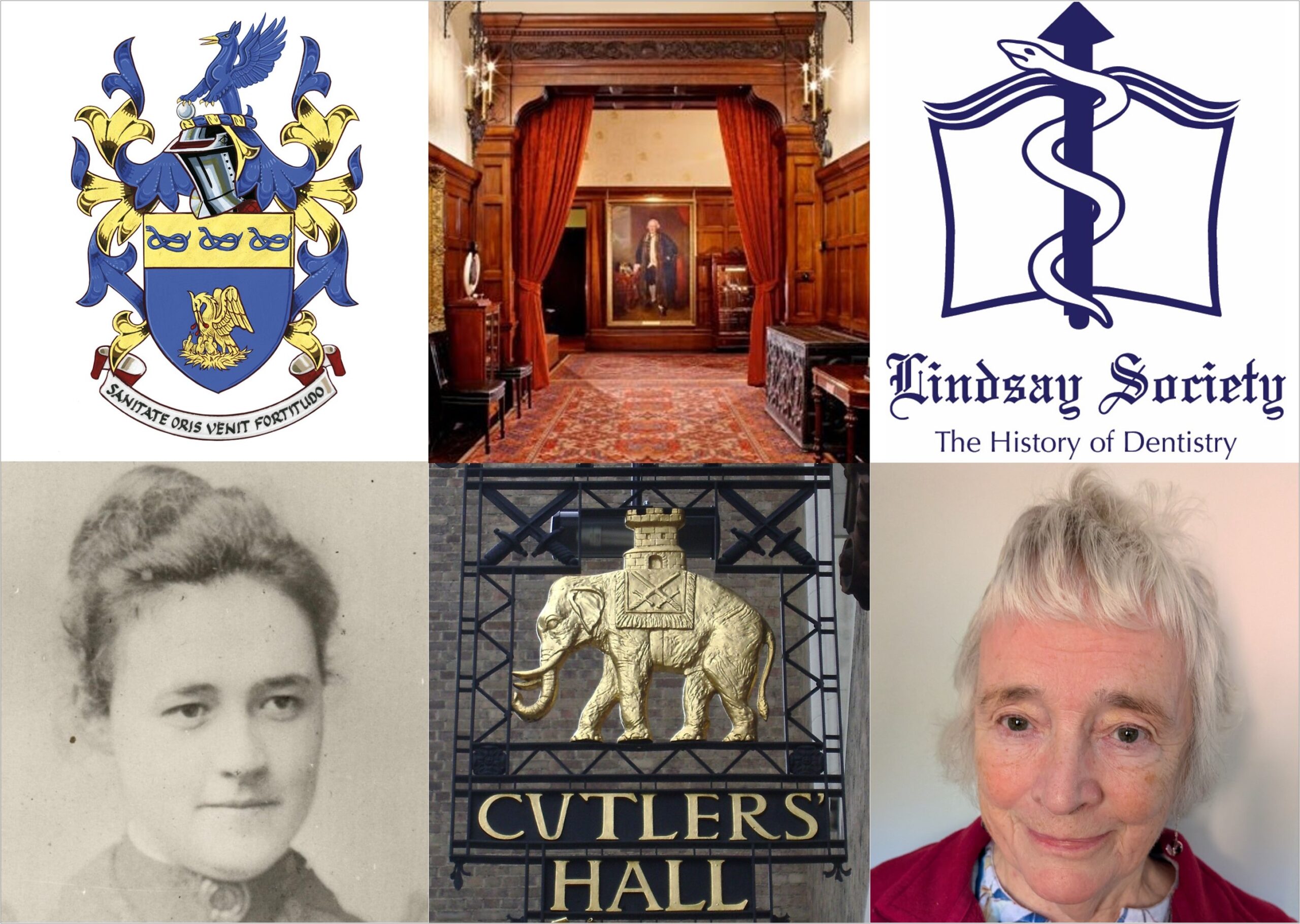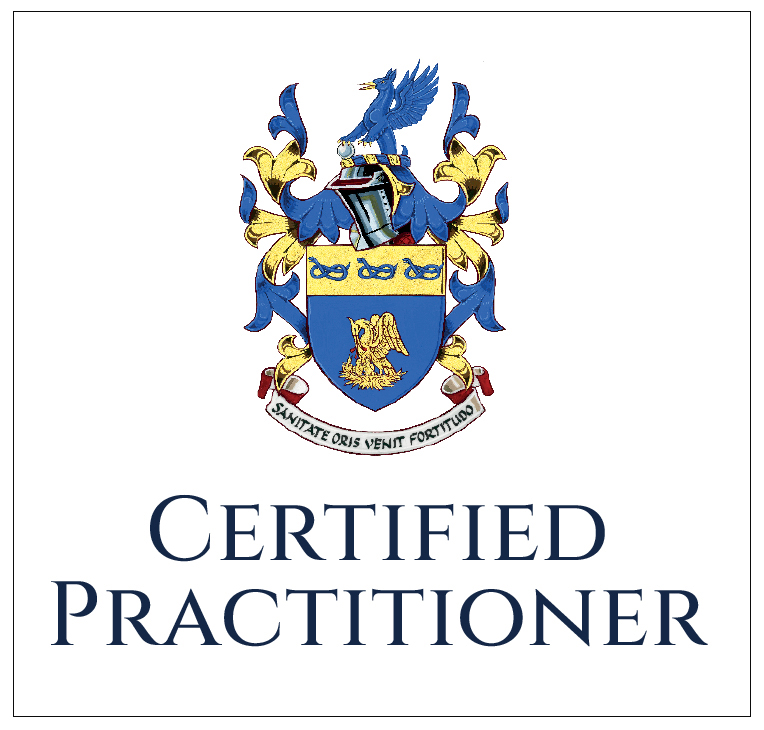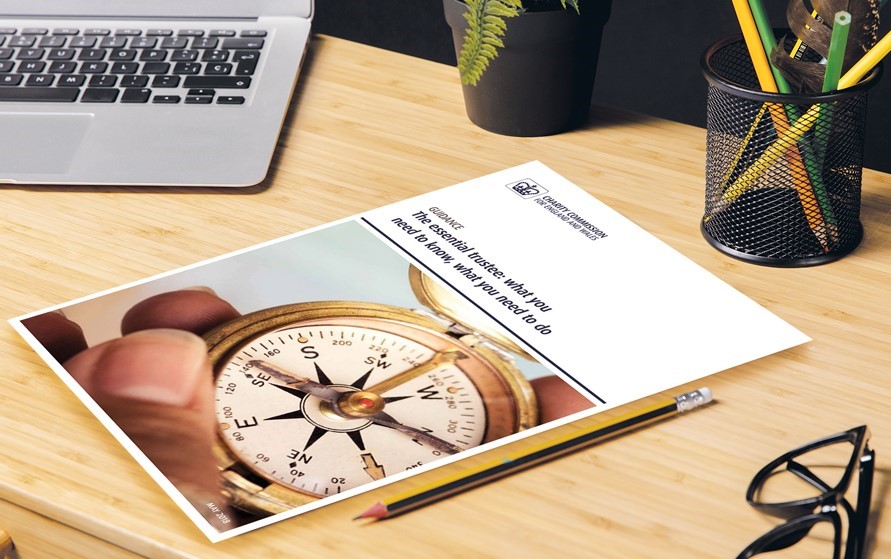The new issue of the Primary Dental Journal, on the topic of ‘Leadership’, is available to read online now.
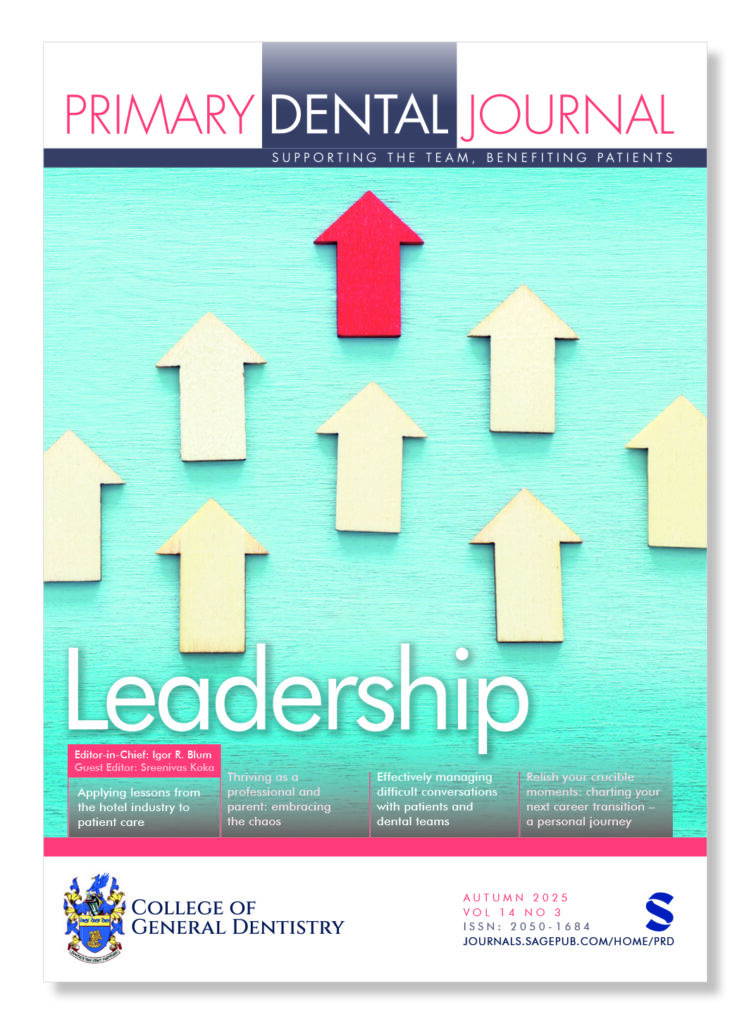
This ‘Leadership’ issue of the PDJ has been brought together by Guest Editor Dr Sreenivas Koka FCGDent, co-founder of Executive Leadership Enterprises and the Future Leaders in Prosthodontics (FLiP) programme, and founder of both the Shaping the Future of Implant Dentistry (SHIFT) leadership workshop series and the non-profit Career Design in Dentistry organisation.
The focus of this issue is on helping every member of the primary oral healthcare team to become better leaders and better team members. A wide range of topics are explored, in both clinical papers and opinion pieces, including the hotelier secrets that can help us provide a five-star dental experience for our patients; professional parenting tips and how to juggle the demands of work and family life; how to successfully manage difficult conversations; identifying growth moments, negotiating and embracing your career transitions; and the power of emotional intelligence in leadership. A full list of papers can be found under ‘Issue Contents’ below.
Dr Koka outlines his ambition for this PDJ:
“As you progress on your leadership journey, I hope that you will find some valuable perspectives in this issue that can help you choose to be a wonderful leader; one who is followed because your team members want to follow you and not because they have to.”
Full online access to the majority of articles in this and previous issues is reserved for College of General Dentistry members and Primary Dental Journal subscribers, who can expect their printed copies to arrive by the end of December. New joiners wishing to receive a copy of this issue can let us know by emailing [email protected]
For non-members / non-subscribers, at least one paper in each issue is made available online free of charge, with all other articles available by becoming a member or by purchasing them individually via the links below.
An annual print subscription to the PDJ is included with membership of the College, which also includes online access to over 1,500 current and past articles in the PDJ Library and a range of other benefits.
On behalf of the College, the PDJ editorial team would like to express its gratitude to all the authors and peer reviewers who have contributed to this issue.
ISSUE CONTENTS:
- Rethinking leadership in dentistry: beyond clinical excellence by PDJ Editor-in-Chief, Igor R. Blum
- Guest Editorial: Leadership by Sreenivas Koka
- President’s update by Roshni Karia
- Research Abstracts: Leadership by Ario Santini
- Reflections on leadership in dentistry by Nairn H.F. Wilson
- Thriving as a professional and parent: embracing the chaos by Patricia H. Swanson, Taylor J. Manalili
- The “care” in healthcare: from efficient processing to human responsiveness by Felipe Larios, Lindsey Randall, Iris G. Hargraves, Michael R. Gionfriddo, Victor M. Montori
- Effectively managing difficult conversations with patients and dental teams by Elizabeth O. Carr
- Leading through technological innovation: a dentist’s guide to strategic adoption in modern practice by Taylor J. Manalili, Patricia H. Swanson
- Applying lessons from the hotel industry to patient care: a unique approach to chairside communication in the dental practice by Miles Sawaya
- Oral health communication in the context of patient wellbeing: implications for dental practice by Mai Miyachi, Ritsuko Miyachi, Sreenivas Koka
- Everyday leadership by Akira Maeda, Kohji Nagata, Elizabeth O. Carr, Sreenivas Koka, Sawako Yokoyama
- Book Review of ‘Aspects of Dentistry in the UK 1948–2012: The Abridged John Mclean Witness Seminars’, reviewed by Roslyn E. McMullan
CGDent members can view full articles by logging in via the yellow button below, then clicking ‘Access the PDJ Library’:
The next issue of the journal, on the topic of TMJ, is due out in Winter 2025/2026.

